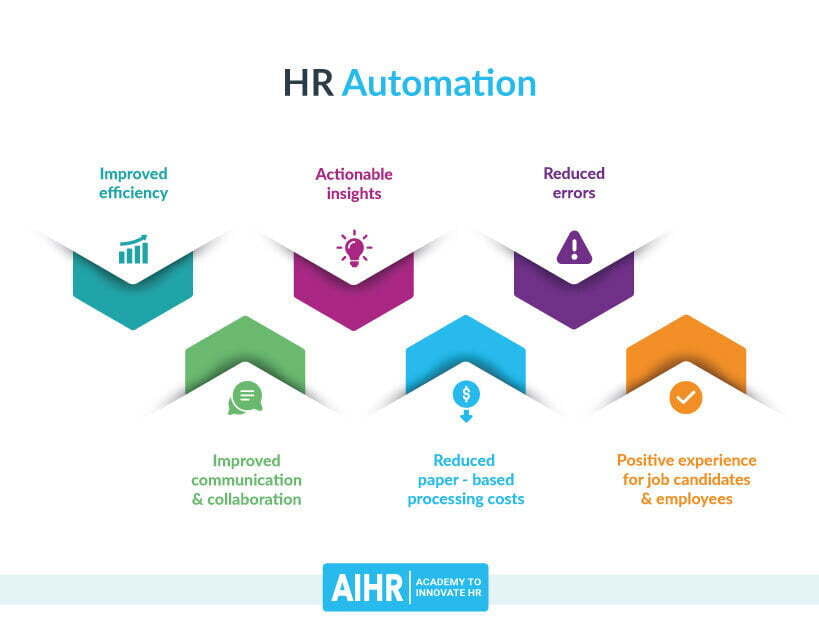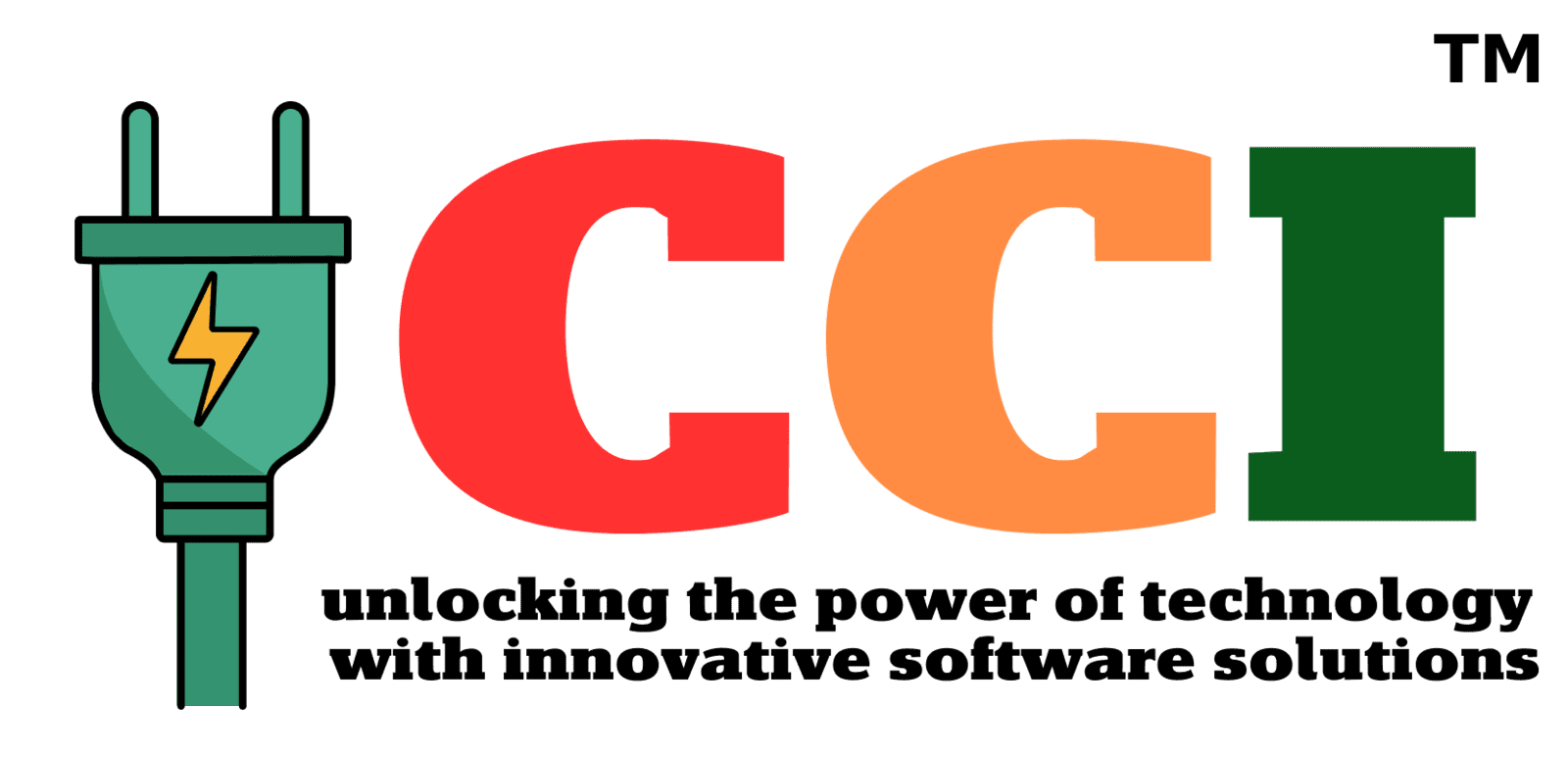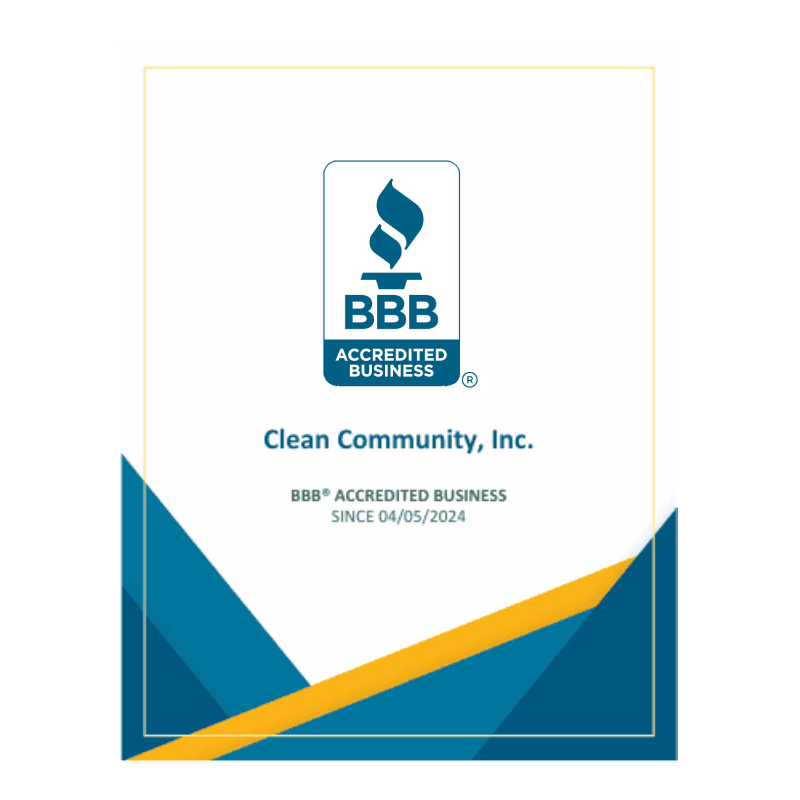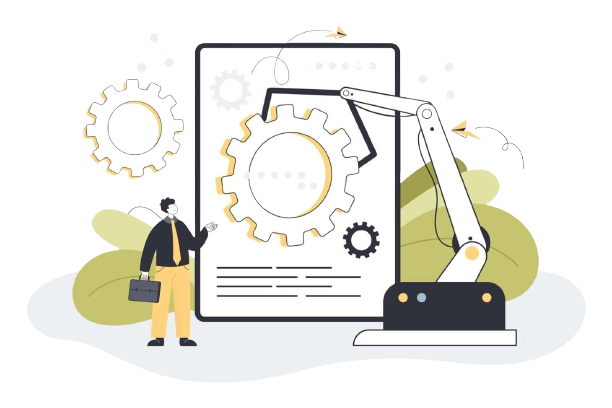
CRM Integration
CRM Integration
Sales automation tools often integrate with customer relationship management (CRM) systems, allowing for seamless data transfer and synchronization. This integration ensures that customer and prospect information is up to date and easily accessible for sales reps, enabling them to track interactions, manage pipelines, and prioritize activities effectively.
Lead Generation and Qualification
Lead Generation and Qualification
Sales engine automation tools can help automate lead generation processes, such as capturing leads from various sources, nurturing them through email campaigns, and qualifying them based on predefined criteria. This automation ensures a steady flow of qualified leads for the sales team.
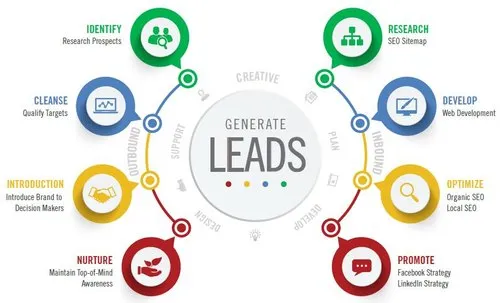
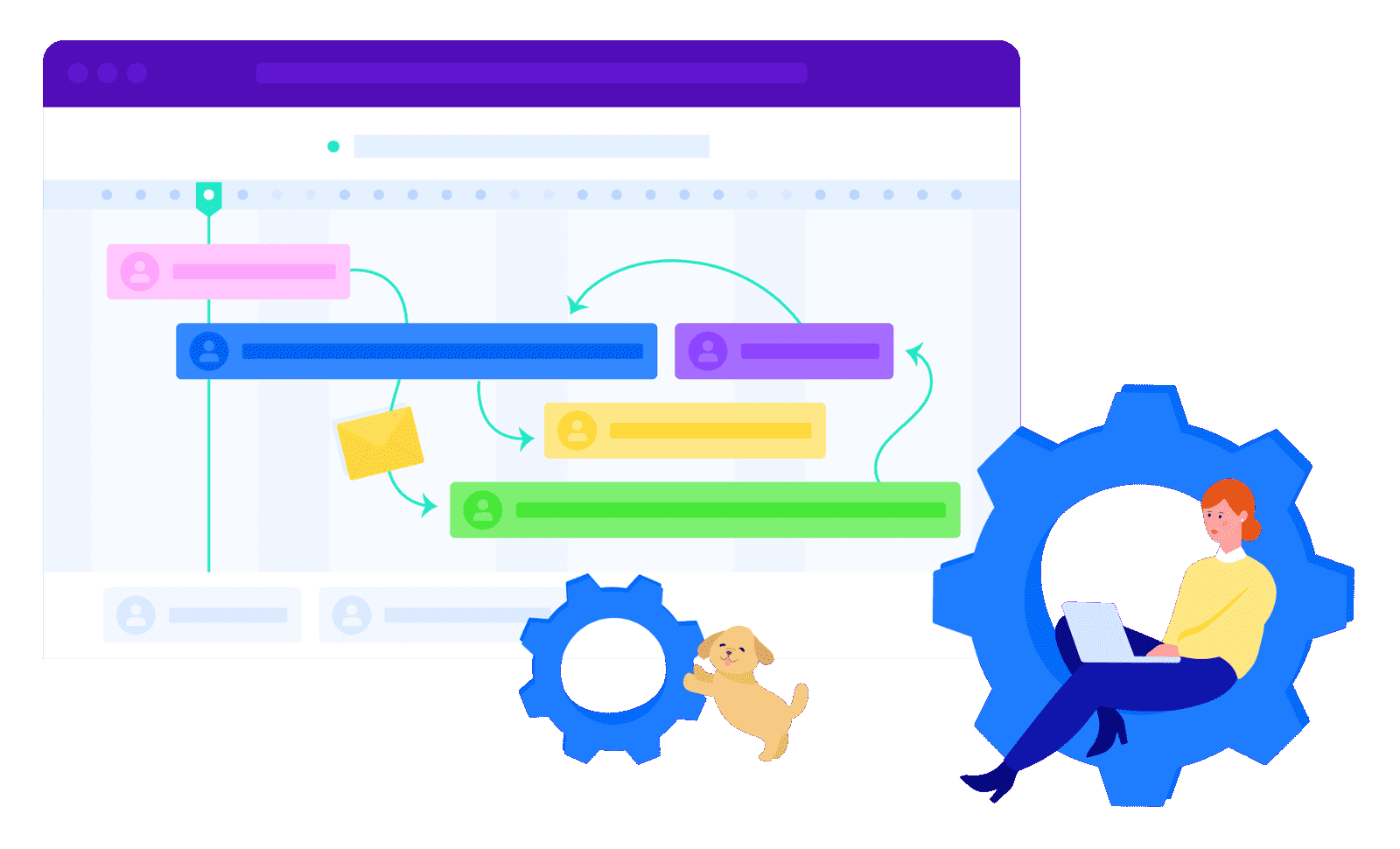
Workflow and Task Automation
Workflow and Task Automation
Sales engine automation helps automate repetitive tasks and workflows, such as sending follow-up emails, scheduling appointments, updating records, and generating reports. By reducing manual work, automation enables sales teams to focus on engaging with prospects and closing deals..
Email and Communication Automation
Email and Communication Automation
Automation tools can assist in managing and automating email communication with prospects and customers. This includes personalized email campaigns, automated responses to inquiries, and triggered notifications based on specific actions or events. These automated email workflows save time and ensure consistent and timely communication.

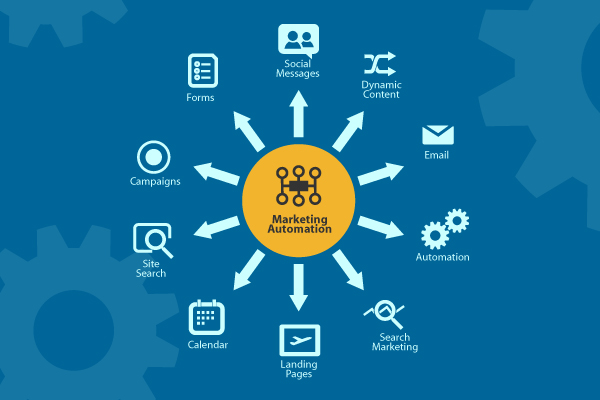
Integration with Marketing Automation
Integration with Marketing Automation
Integrating sales engine automation with marketing automation platforms enables seamless alignment between marketing and sales teams. This integration facilitates lead handoff, lead scoring, and campaign tracking, ensuring a smooth transition from marketing-generated leads to sales opportunities.
Sales Forecasting and Predictive Analytics
Sales Forecasting and Predictive Analytics
Automation tools often include features for sales forecasting and predictive analytics. By analyzing historical data, market trends, and sales activities, these tools can provide insights into future sales performance, helping sales teams set realistic targets and make strategic decisions.
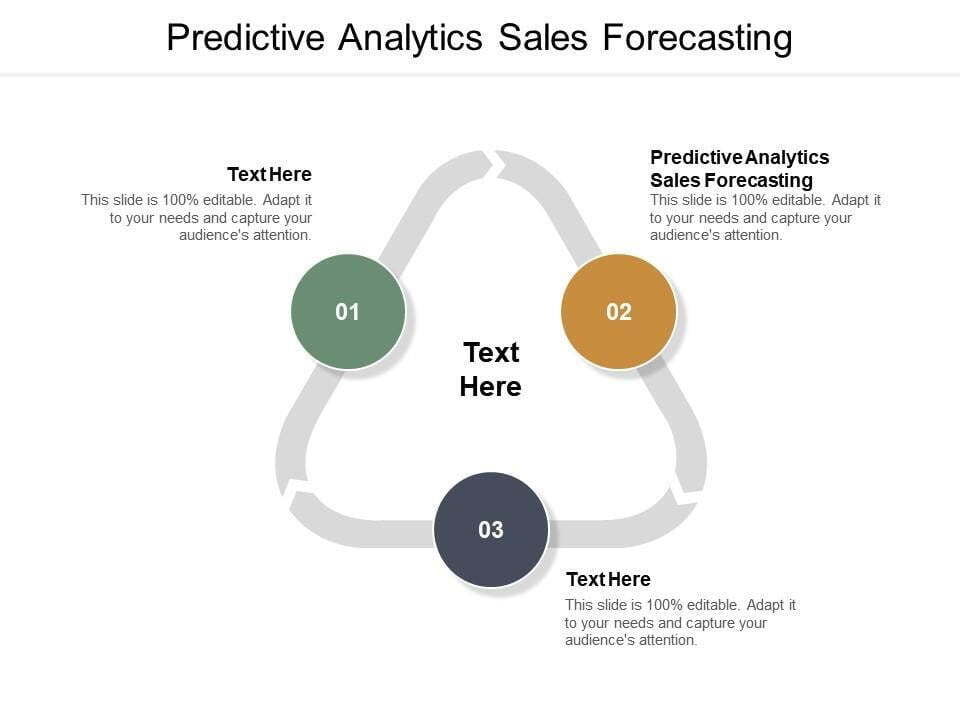
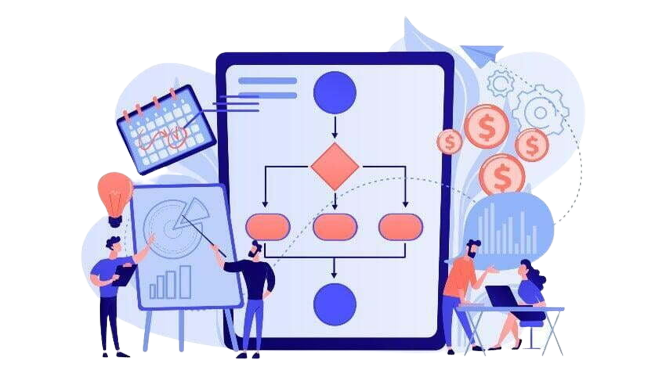
Workflow Automation
Workflow Automation
Automating repetitive and manual tasks within workflows can save time and reduce errors. This includes automating data entry, document routing and approval processes, task assignments, and notifications. Workflow automation ensures consistency, improves productivity, and accelerates the pace of work.
Inventory and Supply Chain Automation
Inventory and Supply Chain Automation
Automation can be applied to inventory management, order processing, and supply chain operations. This includes automated inventory tracking, reordering, demand forecasting, order fulfillment, and shipment tracking. Automation optimizes inventory levels, reduces stockouts, improves order accuracy, and enhances supply chain efficiency.
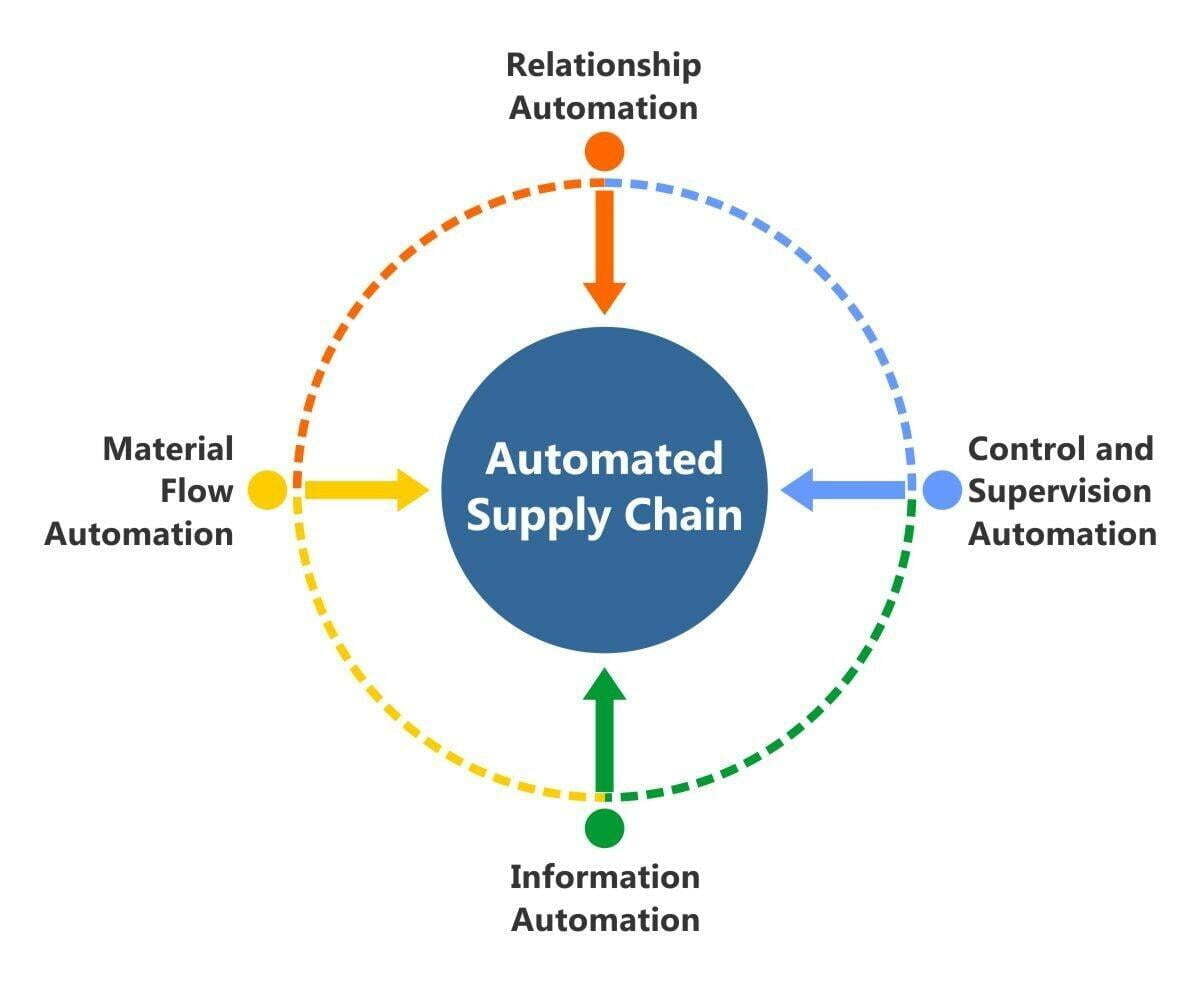
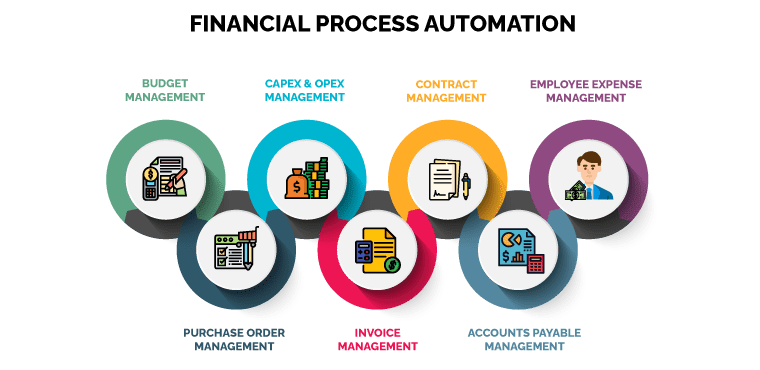
Financial Processes Automation
Financial Processes Automation
Businesses can automate various financial processes such as invoicing, billing, expense management, and financial reporting. Automation tools can integrate with accounting software, facilitate electronic payments, automate invoice generation and delivery, and provide real-time financial insights. Financial automation improves accuracy, reduces manual errors, and enhances financial control.
Customer Relationship Management (CRM) Automation
Customer Relationship Management (CRM) Automation
CRM systems can be automated to streamline customer interactions, sales processes, and customer support. This includes automating lead capture, nurturing campaigns, sales pipeline management, customer onboarding, and support ticket routing. Automation improves customer experience, enhances sales effectiveness, and boosts customer satisfaction.

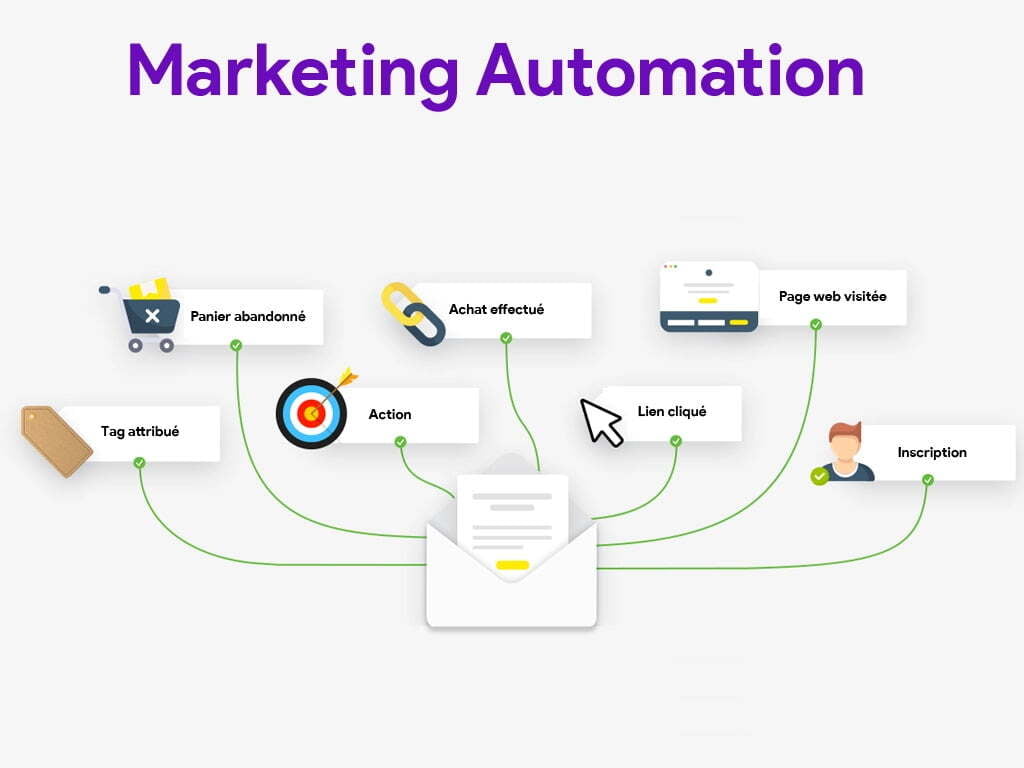
Marketing Automation
Marketing Automation
Marketing automation enables businesses to automate marketing campaigns, lead generation, and customer engagement activities. This includes email marketing automation, lead scoring, segmentation, personalized content delivery, social media scheduling, and campaign analytics. Marketing automation helps businesses nurture leads, increase conversions, and optimize marketing efforts.
Human Resources (HR) Automation
Human Resources (HR) Automation
HR processes, such as employee onboarding, leave management, performance reviews, and payroll, can be automated. HR automation tools can streamline recruitment processes, automate employee data management, facilitate self-service portals for employees, and simplify compliance with HR regulations. HR automation improves efficiency, reduces administrative burdens, and enhances employee satisfaction.
